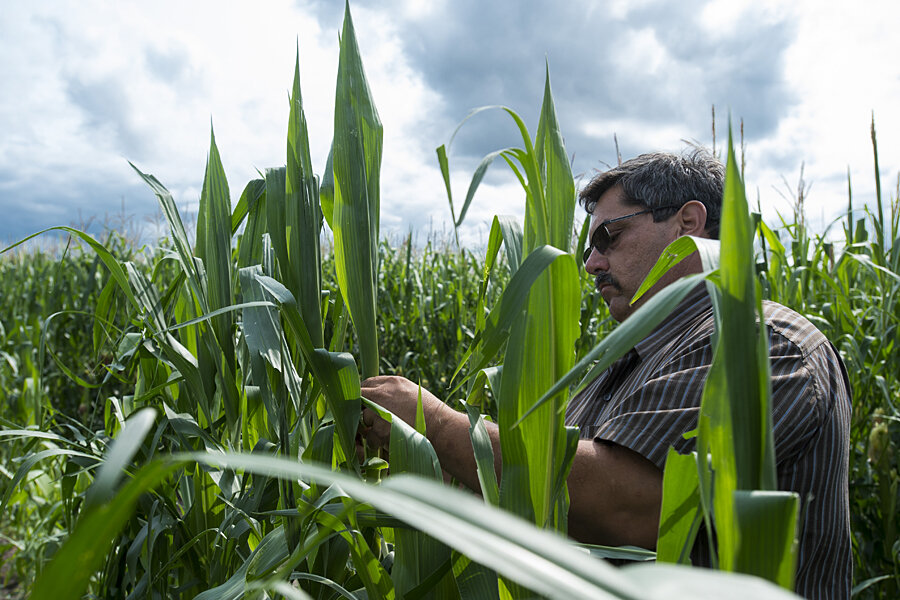How a nonprofit is helping Michigan family farmers
Loading...
Founded in 2009 and based in Michigan, Fair Food Network brings healthy food to underserved Americans while promoting local agriculture. Their Double Up Food Bucks program has attracted national attention as a solution to food insecurity and as an economic driver for local family farmers. Food Tank had the opportunity to speak with the president of Fair Food Network, Oran B. Hesterman (OBH).
FT: How did Fair Food Network get started?
OBH: Most organizations were focusing on small family farmers or underserved communities. On the one hand the solution would be raising prices and on the other hand lowering them. The work that needed to be done was in the middle. We needed win-win solutions that could address both at the same time, economic viability for family farmers and accessible healthy food for low-income families. It was based on the belief that vibrant local food systems can provide economic opportunity and health opportunity. We use our work in Michigan to have a positive impact on communities here and to inspire other projects around the country.
FT: Explain how the current food system is broken.
OBH: People think about food, the relationship between me and my plate, my fridge and the grocery. But they don't think about the food system as a system. It's really a joint effort. We're not going to make the changes we need simply by looking at it as an individual responsibility issue. We can't eat or shop our way as individuals into a better food system. Problems in the food system are seen as individual problems, however these are symptoms of a greater broken system. We need to redesign and reinvent our food system. It's a system that impacts our environment, our health, and our economy. And we need to get it right. It's the system our lives depend on.
FT: What would a redesigned food system look like?
OBH: We should base our food system on 4 principles: Equity, Diversity, Environmental Integrity, and Economic Viability. Everyone must have a stake in the system so some aren't being exploited while others do really well. We need a system that's more diverse in a biological and cultural sense. We also need economic diversity. This doesn't mean small is beautiful and large is bad. It's about finding the balance, where we have small businesses, opportunities for entrepreneurs, and jobs being created. At the same time we need a global food system that can efficiently and effectively bring food to people who need it around the globe, food grown in areas that can be very productive and in ways that can sustain the environment.
FT: What is Fair Food Network working on?
OBH: Our signature effort is called Double Up Food Bucks. We call it a healthy food incentive program. It helps low-income Americans who are on food assistance with a dollar for dollar match when they purchase healthy locally grown fruits and vegetables. We're encouraging families to spend their food assistance money on fresh fruits and vegetables and putting that same dollar to work supporting our local food economy and local agriculture. We've had over 200 thousand people use the program over the past year across Michigan.
FT: What is the biggest challenge facing Fair Food Network?
OBH: The big challenge for all of us is to think beyond our own plates and refrigerators about food. While it's really important for each of us to be conscious about the choices we make and the food we eat, the most important single action is to make the shift from conscious consumer to engaged citizen regarding the food system. The changes that need to be made for the future are changes that need to be made both in our own kitchens and in public policy.







